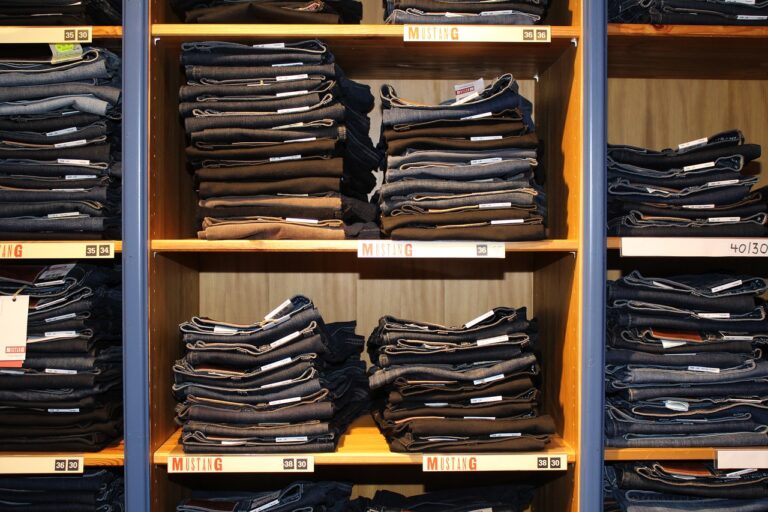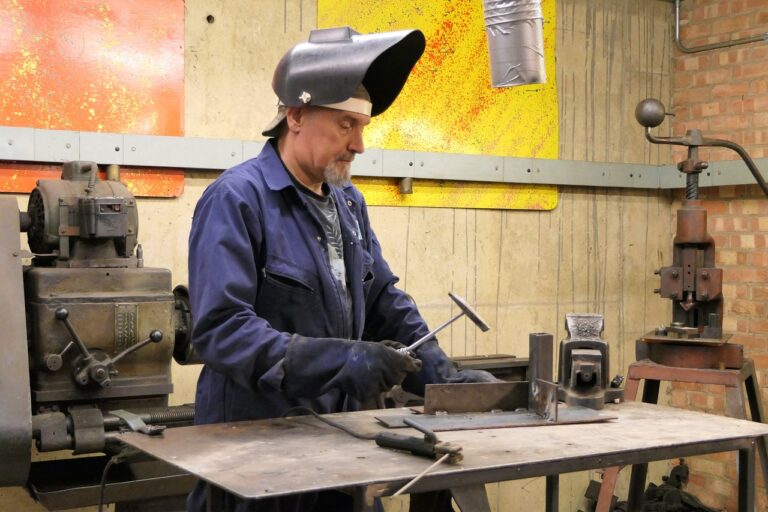The Role of Sustainable Fashion in Promoting Fair Labor Practices
Sustainable fashion has become a driving force behind the promotion of fair labor practices in the fashion industry. By prioritizing ethical sourcing, production, and distribution methods, sustainable fashion brands are actively working to ensure that workers are treated fairly and with respect. This shift towards sustainability is challenging the traditional fast fashion model, which often relies on exploitative labor practices to keep costs low and production high.
Furthermore, the emphasis on fair labor practices in sustainable fashion is not only beneficial for workers but also for the industry as a whole. By creating a more transparent and ethical supply chain, sustainable fashion brands are fostering trust and loyalty among consumers who are increasingly conscious of the impact of their purchasing decisions. This shift towards fair labor practices is not only a moral imperative but also a strategic business move that can help drive long-term success and profitability for fashion brands committed to sustainability.
The Connection Between Sustainable Fashion and Worker Rights
Sustainable fashion is not just about eco-friendly materials and manufacturing processes; it is also closely linked to the promotion of fair labor practices. Workers’ rights in the fashion industry have long been a concern due to exploitative working conditions and low wages. By embracing sustainable practices, fashion brands can prioritize the well-being and rights of their workers, ensuring they are treated ethically and have access to safe working environments.
With the shift towards sustainable fashion, there is a growing emphasis on transparency within the supply chain. This increased transparency allows for greater accountability in monitoring working conditions and ensuring that workers are not subjected to exploitation. By incorporating worker rights into the sustainability agenda, the fashion industry has the potential to bring about positive change and improve the lives of those involved in the production process.







